This occupational standard provides a comprehensive list of potential tasks a Space Systems Technician might encounter in the job. It is recognized that all these tasks may not be applicable to every Space Systems Technician position. Thus, it is up to the user to decide on how to use this information.
For the purposes of this standard, a Space Systems Technician will:
- Comply with safety and environmental requirements, including personal protective equipment and clothing, and practice safe work in the performance of all tasks.
- Comply with quality assurance processes and complete documentation according to Standard Operating Procedures.
- Comply with security protocols and successfully protect information that is confidential, secret, and top secret.
- Understand and correctly interpret designs, drawings, models, and simulations.
- Operate standard and specialized tools and equipment.
- Assemble equipment, such as optical, mechanical, electrical, controls, and TSSA cryogenic equipment.
- Set up and conduct appropriate testing of prototypes, products, subsystem components or assemblies.
- Inspect and monitor tools, equipment, structures, or materials to ensure they are in proper working order.
- Assist in planning of projects and estimating resources.
- Communicate and collaborate effectively with others. A Space Systems Technician must have good literacy and numeracy skills.
The technician needs to be able to refer to and follow the technical manuals that are written in abbreviated language. The technician must be able to read technical references and interpret technical drawings. Problem solving skills are important in handling challenging and complex space system defects. The diagnostic skill also requires sound knowledge of the space systems and structures.
The technician must understand the inter-relationship between the components in the space system. Much of the technician’s work is hand work and consequently, manual dexterity and strong manual skills are important. The technician must be able to use a wide range of hand and power tools. Computer skills are also important.
Some special tasks, which are not covered in this standard, may have to be performed by a Space Systems Technician. It is expected that these specific tasks will be addressed in individual company familiarization training, resulting in satisfactory accomplishment of the tasks to a defined company standard.
